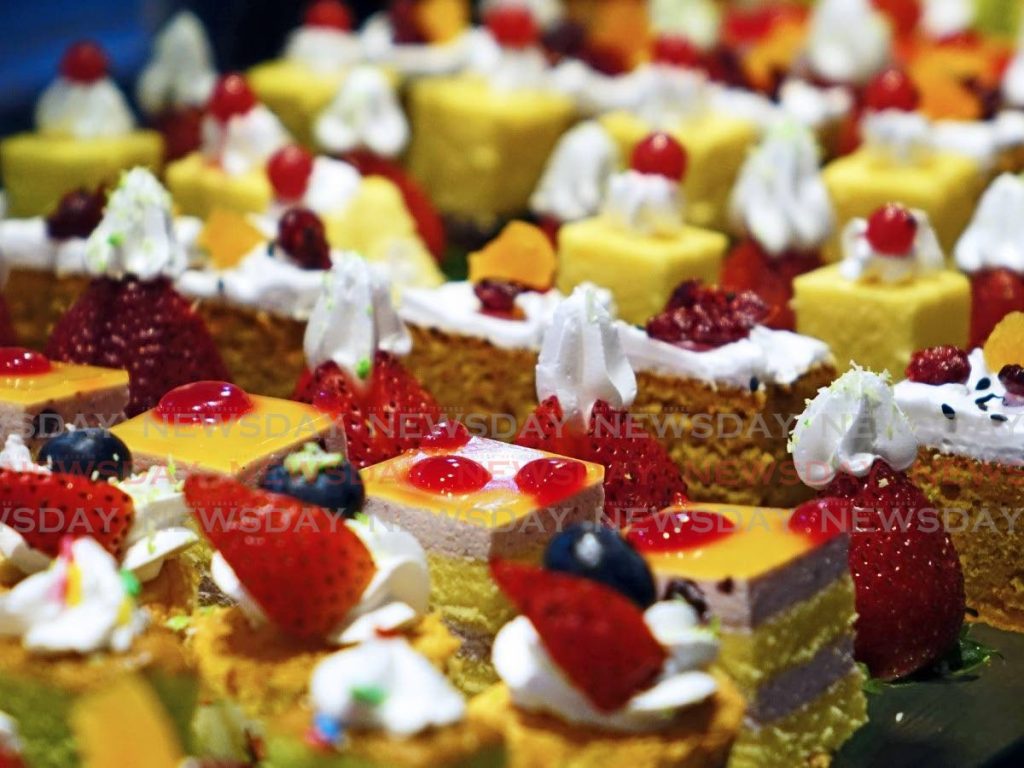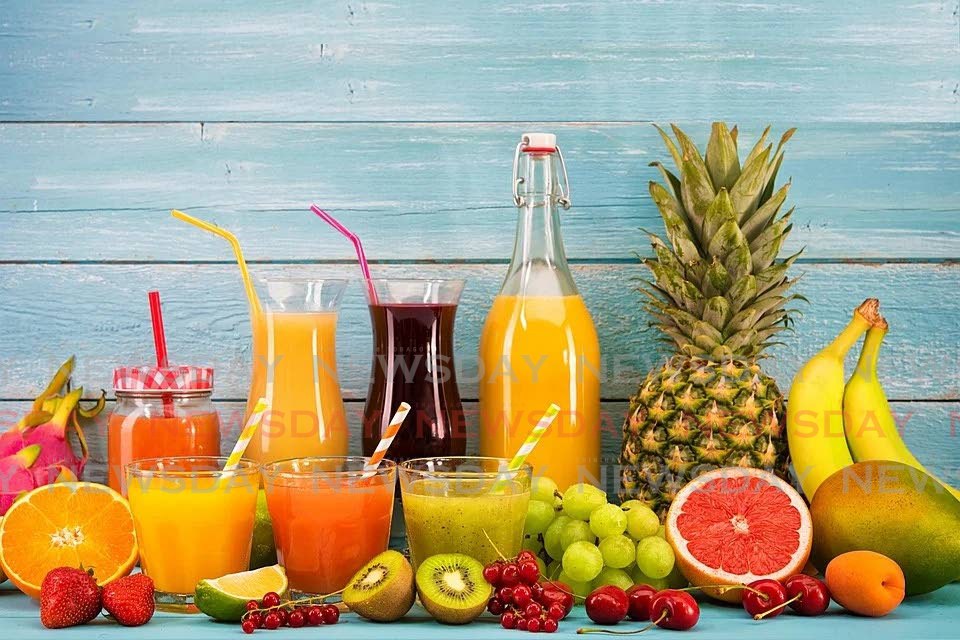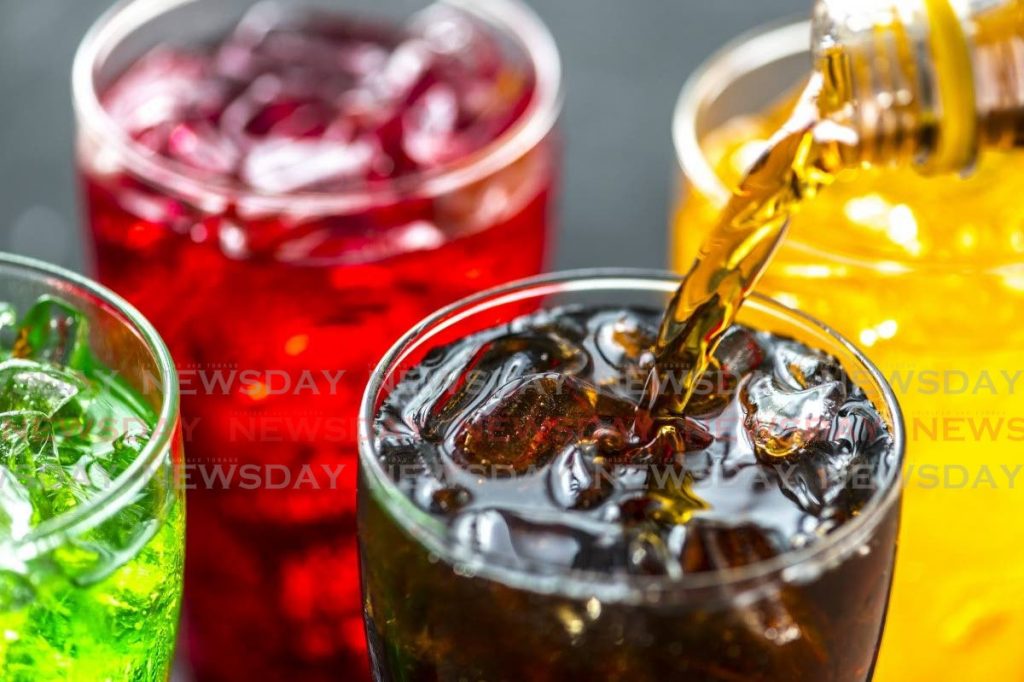When sweetness is sickness

Family medicine specialist Dr Terence Babwah said while a tax on sugar-sweetened beverages may have some effect on the consumption of soft drinks in Trinidad and Tobago, the population needs a lifestyle change to reduce the incidence of non-communicable diseases.
Babwah said in his practice, he saw many people with undiagnosed illnesses who did not realise they were ill.
“We see people who come in overweight, and they either have diabetes and co-related conditions such as heart disease, or diabetes and hypertension, or hypertension alone, or they may be on the way to developing diabetes, which we call pre-diabetes.

"People are walking around and they may not know what they have because they don’t necessarily test to see. So they come in thinking they’re very healthy, but they’re just having a little shortness of breath when they walk, or they’ll be obese, or they may just be generally not well.”
He said the population ate too much of the wrong types of foods, as well as drinking too many sweetened beverages.
“We eat a lot of calories during periods of time when we have very little activity. Many people eat their major meals in the night and then go to sleep one hour later, and then during the day we have a relatively lesser diet.
"If we have to target obesity, we have to target portion sizes, we have to start to target calorie count, sugar content, salt content, to do it.
He warned that of many juices sold here, "When you look at the contents, they are two to three per cent juice and the rest is water and sugar to make it taste nice.

"Nobody squeezes juice again, oranges and so on, because we’ve become so industrialised.
"We eat a lot of sweets and desserts, that’s just our palate. The Caribbean palate is: the food must be tasting good, if the salt is too low you can’t eat it, if there’s not enough sugar it’s not good enough.”
TT has the highest rate of consumption of sugar-sweetened beverages in the region. The cost of treating non-communicable diseases associated with this consumption is US$23 million.
Babwah said the unavailability of fresh juices was another factor in the overconsumption of sugar-sweetened drinks in TT.
“One-hundred-per-cent natural fruit drinks are not readily available, and when they are, they’re costly, from $10 up, compared to a three-per-cent orange juice, which might be $2 or $3.

"It’s recommended now that we should not have added sugar in the, diet, so a bottle of water might be just as effective in quenching your thirst as one of these fruit drinks.”
He said people needed to learn more about reading nutritional labels and discerning how much sugar is present in their food. A recent study showed that Trinidadians on average drank a 20-ounce soda a day.
“If you divide grammes of sugar by four, that will tell you how many teaspoons of sugar are in one serving.
Giving the example of a bottle of sweet drink, he pointed out it was two servings, "although we drink it as one."
It contains 62 grammes of sugar.
"That’s 16 teaspoons of sugar. Now no one would sit down and eat 16 teaspoons of sugar at one time – but without even knowing it, we drink the bottle.”
He said food prices and serving sizes also contributed to the poor eating habits of the nation.

“There’s talk that we should limit the serving size of a drink, and the number of ounces, because we tend to go with mega-meals and mega-everything and mega-calories."
It was easier to buy a $20 box of fried chicken, he acknowledged, "as opposed to four apples for the same amount, because we think after one apple you’re still hungry – that’s our thinking.
"The price of fruits is also high because we don’t grow much.”
He noted that a study in Mexico showed a reduction in buying and drinking sweetened drinks after a tax was placed on them in 2014, resulting in a ten per cent increase in price.
“It was reaping some good rewards because Mexico has one of the highest levels of diabetes in the world. The initial results of the study showed that it had an effect as a deterrent, because of the high cost associated with the high sugar in these drinks.”
Some people might think it's a solution to use artificial sweeteners as a substitute for sugar, but Babwah said this had been shown to have a negative effect.
“More and more evidence is coming in that when you use these artificial sweeteners, yes, the calorie count drops, but it encourages binge eating later in the day or later the next day.
"So you might cut out your calories from your drink, but in the evening you might want to eat more sweets which could be disheartening. The long and short of it is that people who have been on this regularly, when we look at them over years, they put on more weight that people who have been using regular sugar. As far as I’m concerned, it’s a loss-loss situation.”

Asked how people would respond to an increased tax on sugary beverages, Babwah said, “Seeing how people responded to this covid19 vaccine, I don’t think anything would surprise me again. Social media has given a mouthpiece to the public, and as a result of that, there would always be something negative said about it.
"And yes, we have the right to take a vaccine, yes we have a right to eat what we want, but somewhere along the line we have the right to protect our health, and if we continue going the way we’re going, just eating a lot of fast food, high salt, high calorie, high sugar – we will pay the ultimate price, with heart disease, kidney disease, and so on.”


Comments
"When sweetness is sickness"